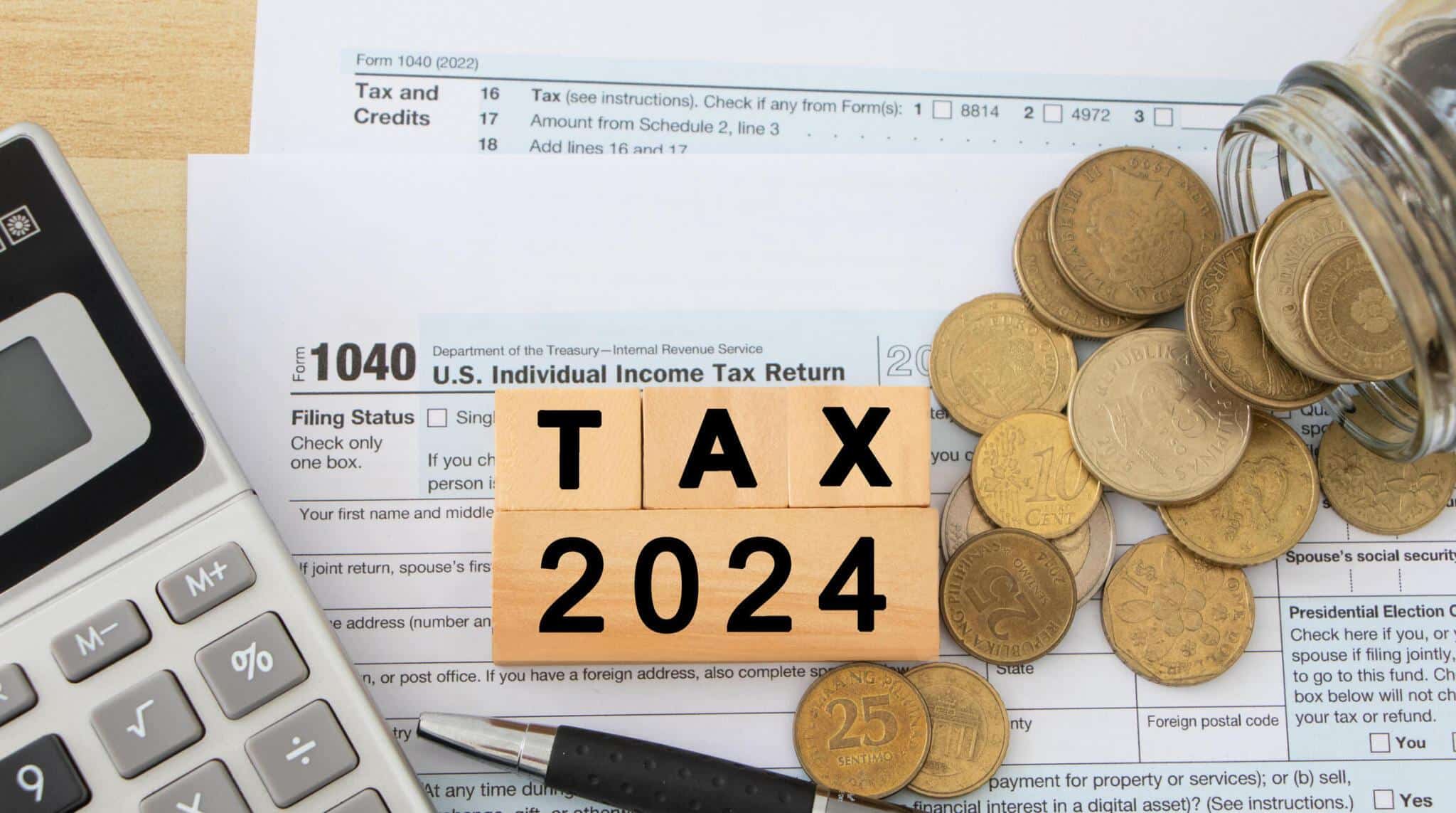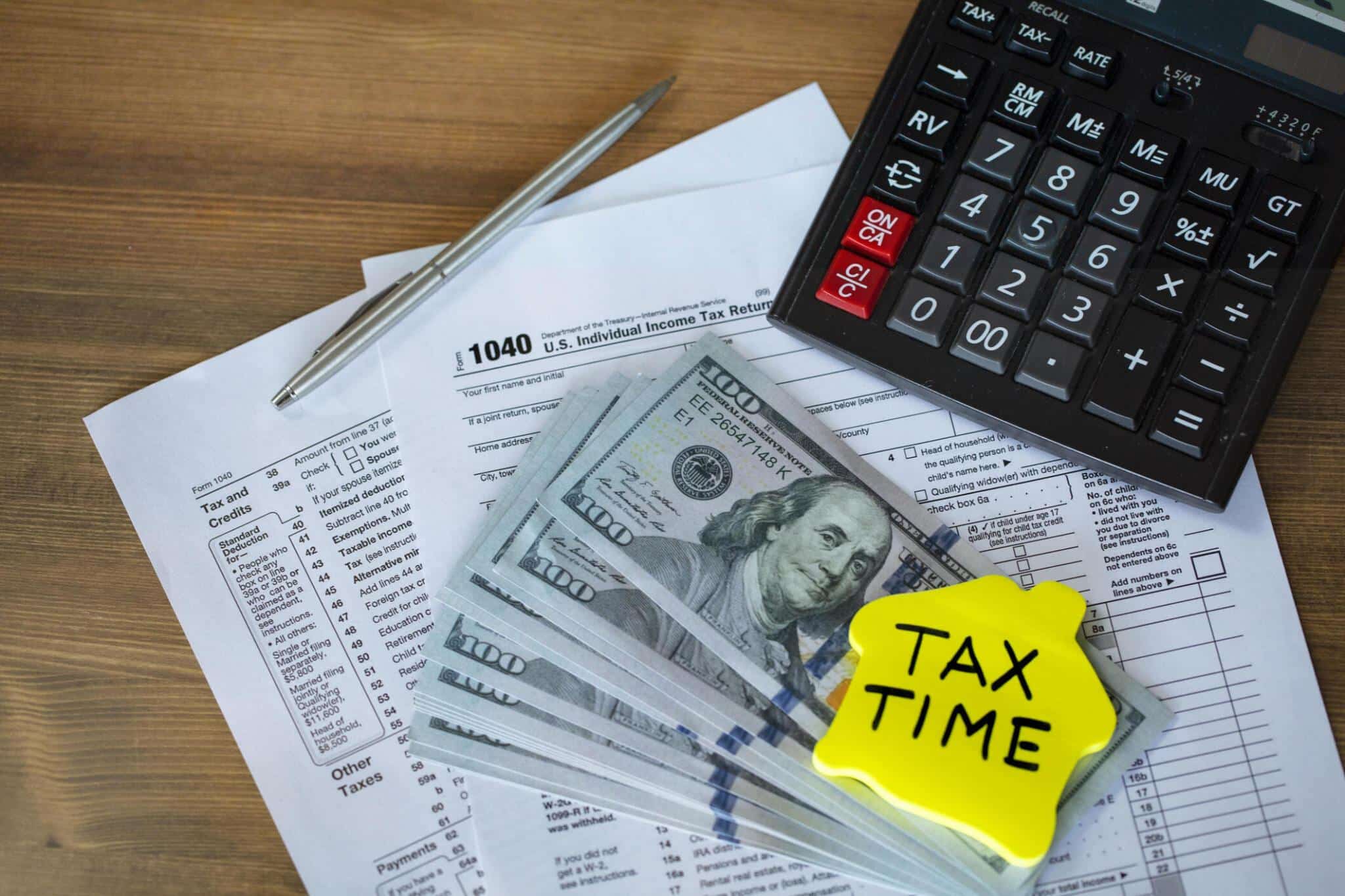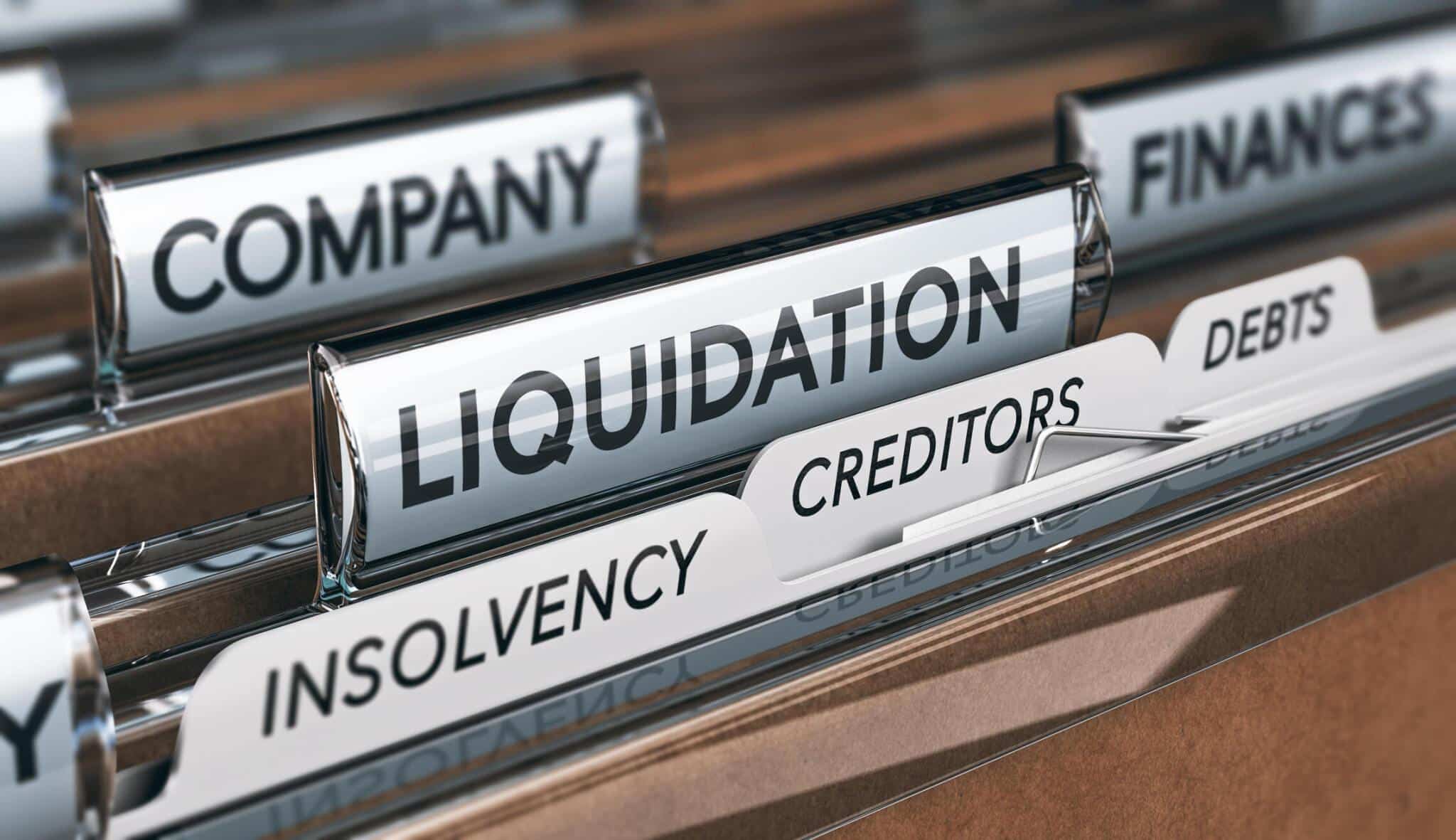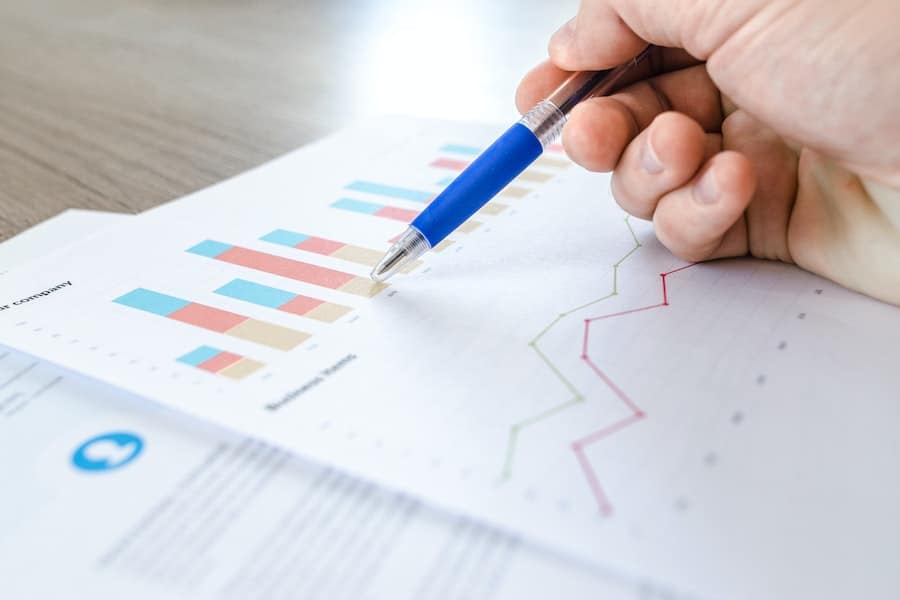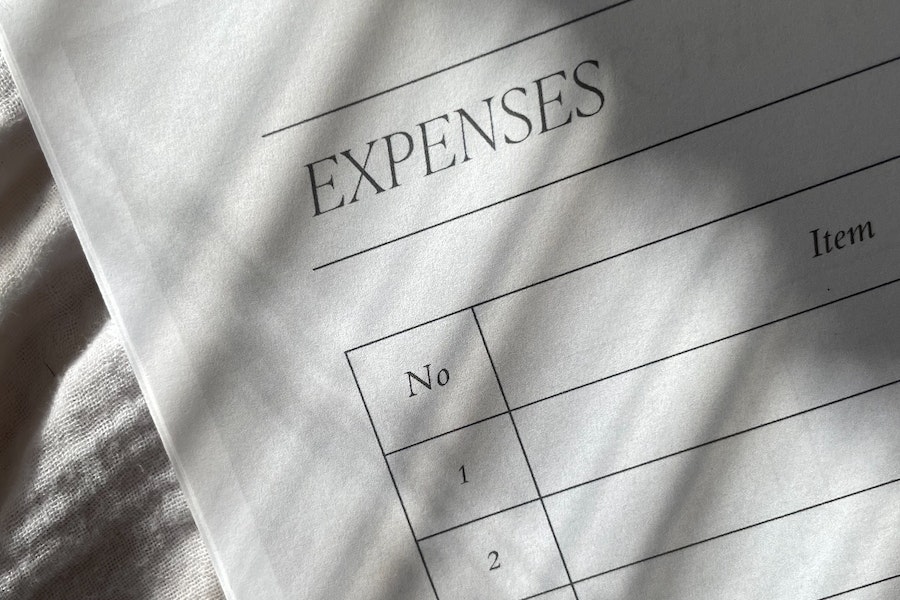Most people try to keep their business and personal finances separate but if you are a business owner your debts may impact your outcomes in terms of loan applications.
Recent changes to tax debt reporting may impact you if your business owes money to the ATO. Here’s a quick explainer before you chat with your tax accountant to find out more (note that this is not personal financial advice).
Credit reporting in Australia: How it works
When you apply for a loan in Australia, lenders do what is called a ‘credit check’.
This means reaching out to credit reporting companies, which track the credit scores of consumers.
One example is Equifax. Lenders collaborate with Equifax to access information about your credit card debt, personal loans and whether or not you have a good record when it comes to making repayments. Equifax also keeps track of things like overdue bills and whether you have left any bills unpaid for a long period of time.
Reporting updates
In the past, Equifax didn’t share tax debt information. However, recent changes now have the potential to impact anyone who operates a business or is a sole trader, has significant unpaid tax bills and wants to apply for a home loan.
In early 2022, Equifax signed an agreement with the Australian Taxation Office (ATO) that will see it receiving commercial tax default data. This means that information about tax debt can be shared with lenders, and that the information can be used to calculate credit scores.
The deal gives banks access to better information and also gives the tax office some extra leverage to chase unpaid debts.
Equifax will receive updates:
– When tax bills surpass $100,000
– When the bill has been overdue for more than 90 days
– When the debtor has not engaged with the ATO to manage their tax debt
Why the change?
As shared by the ABC, “In the ATO’s 2020-21 annual report, total debt was $58.8 billion, and just 65 per cent of that — $38.5 billion — was “collectable”, meaning likely to be paid.
Most of that owed, achievable debt is owed by small-to-medium enterprises (SMEs).”
The ATO is on a mission to collect owed tax and is employing several methods to ensure people pay where possible.
The impact on you
If you have tax debt and want to apply for a loan, speak with your tax accountant and mortgage broker to ensure the outstanding balance won’t affect your application. You may need to take steps to work out a payment plan or resolve your debt before you apply.
Don’t panic straight away if you have unpaid tax debt. The best thing you can do is work with an experienced tax accountant to ensure the debt is correct, then put a plan in place to make repayments.
It could be possible to set up a payment plan and get your debt under control, then work with your broker and lender to figure out the right solution for a loan.
Be proactive to avoid penalties
Taking the right steps to minimise and control your tax debt is essential when you’re a business owner, whether you are a sole trader working on your own or have a full team in place.
Planning ahead and ensuring you routinely put a percentage of your revenue aside will help you avoid a setback when applying for a loan.
Want help to get your tax debt under control? Speak to the tax specialists at Mobbs & Co today.



